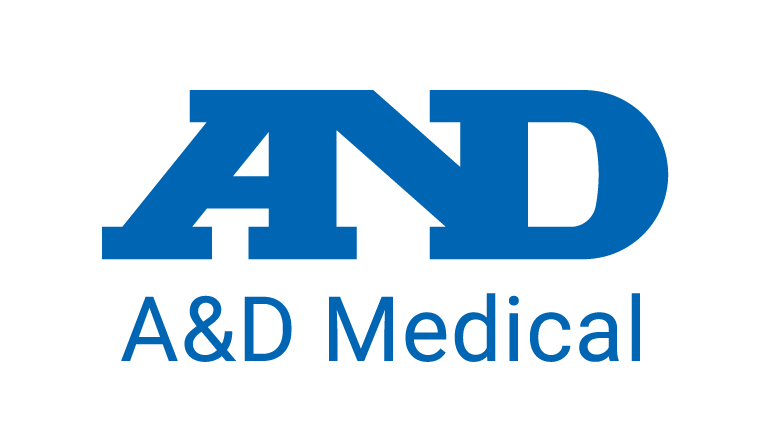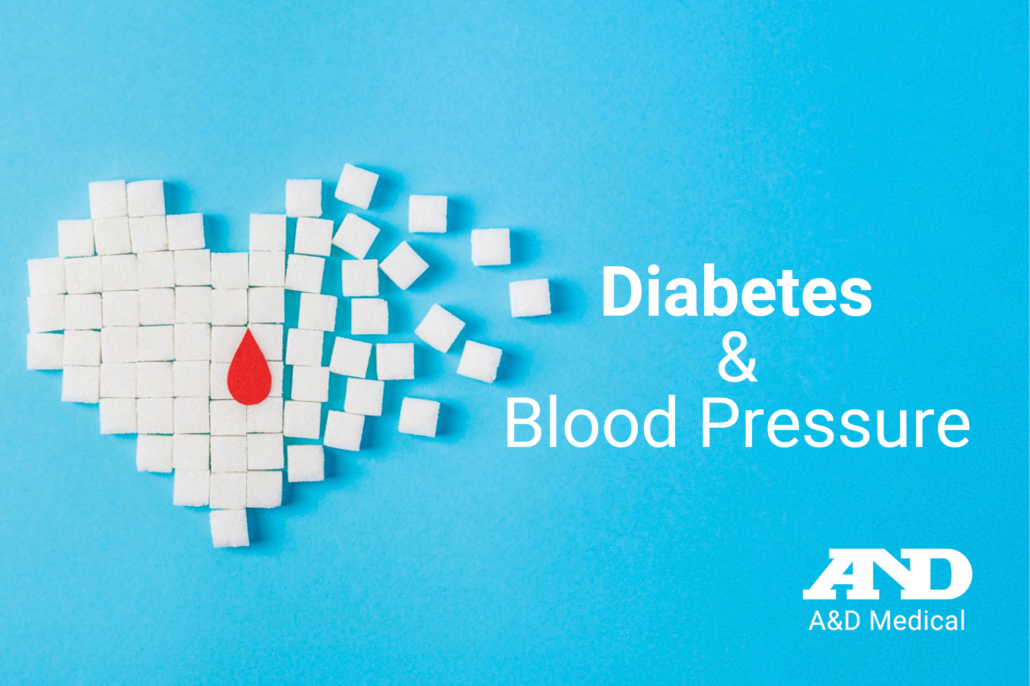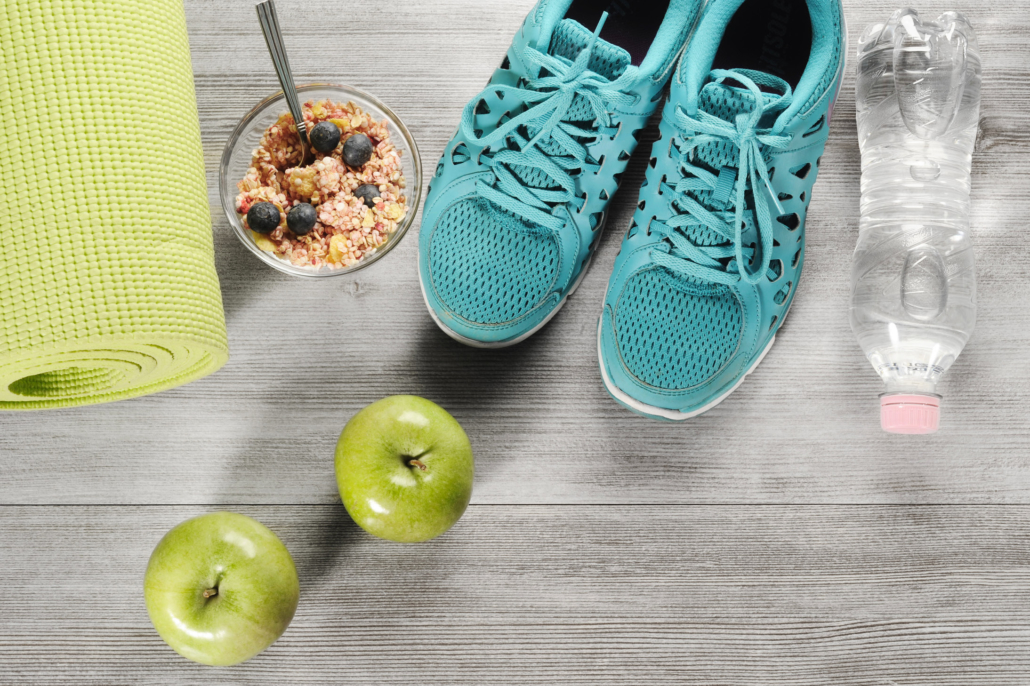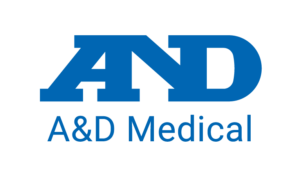Diabetes and Blood Pressure
According to the CDC, nearly 50% of American adults suffer from hypertension (high blood pressure). When you narrow the focus to adults with diabetes, that percentage increases to over 60%. That means 2 in 3 adults with diabetes have high blood pressure. With over 10% of the US population living with some form of diabetes, learning more about the link between these two conditions can be a lifesaver.
What is diabetes?
Diabetes is a group of diseases that impact the way the body processes sugar. With type 1, the pancreas does not produce enough of the hormone insulin, which is needed stabilize the body’s blood sugar levels. With type two, the person may produce insulin, but their body has become resistant to insulin. While there are differences between type 1 and type 2, both come with a higher risk of developing hypertension.
Higher risk of hypertension
What about diabetes makes adults more at risk of developing hypertension? Diabetes damages arteries. This makes them more vulnerable to hardening, which can cause high blood pressure. If left untreated, hypertension can lead to additional health issues including blood vessel damage, heart attack, and kidney failure. This makes management of diabetes imperative to heart health.
Highs and lows
On the flipside of hypertension is hypotension (low blood pressure). Low blood pressure is any reading below 90 for systolic or 60 diastolic. Unlike high blood pressure, low blood pressure is usually accompanied by symptoms such as dizziness, fatigue, and nausea. It’s important to note that some people experience no symptoms from low blood pressure, and can actually live normal, healthy lives.
Symptoms can be confused with diabetes
As is the case with many overlapping health conditions, it can sometimes be difficult to distinguish the source of symptoms. While high blood pressure usually does not present any physical symptoms, the dizziness and fatigue that can accompany low blood pressure could be confused for low blood sugar. This can be frustrating and confusing, especially when first learning to manage and live with diabetes.
Double-teaming defense
Both diabetes and hypertension increase your risk of heart disease, heart attack, heart failure, and stroke. Learning how to manage both is imperative to your health. There is some good news. With the right game plan, both diabetes and your blood pressure can be managed. This could mean changes to your diet, regular blood sugar and blood pressure monitoring, and, if needed, medication.
Prevention is the best medicine
Of course, the best management is prevention. If you have a family history of diabetes or hypertension talk with your doctor about what you can do to reduce your risk. Simple adjustments to your diet and exercise can make a huge difference in reducing your risk. Knowing your family’s health history is a vital step in all aspects of your health, but especially when dealing with heart health.
If you’re concerned about your risk, management, or prevention of diabetes talk with your doctor. Together, you can figure out your personal risk of developing hypertension and/or diabetes and also come up with a plan to keep you as healthy as possible.







